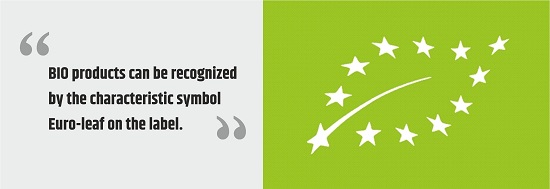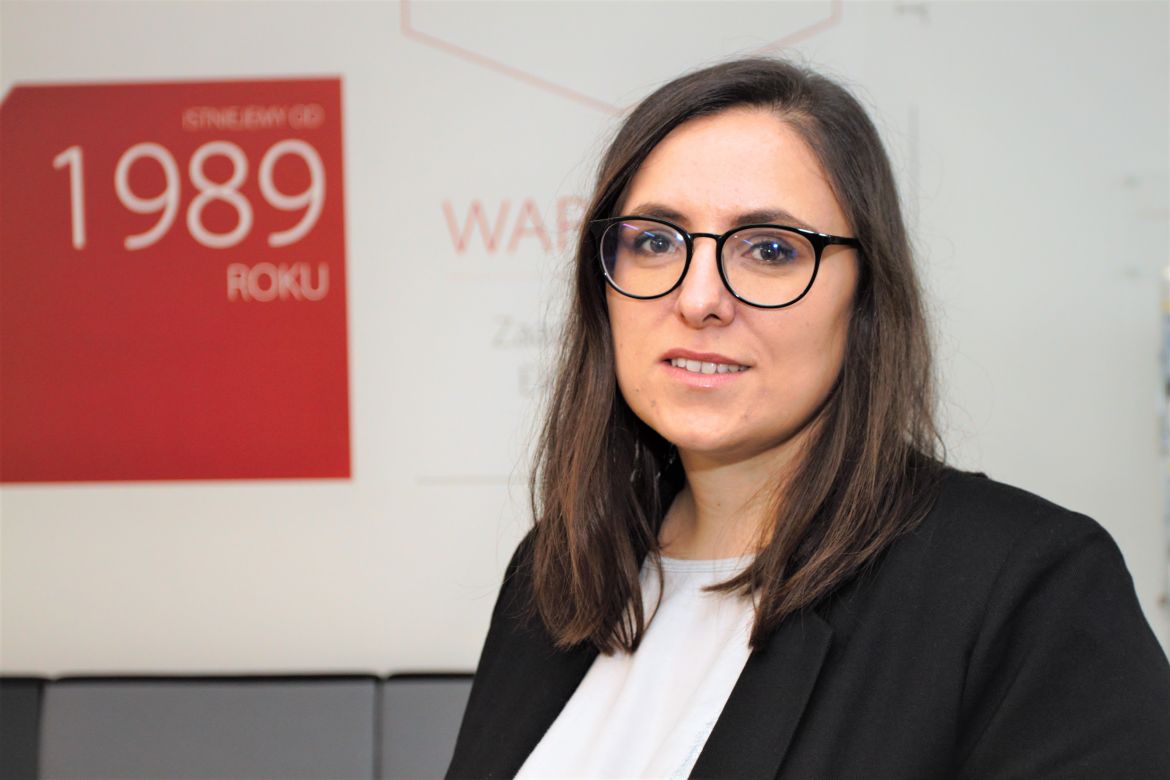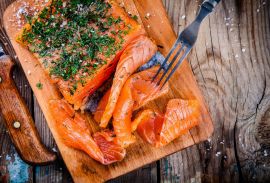Interview with Anna Kajser, Deputy Officer for Quality, Auditor
- Companies cooperating with clients from all over the world must meet various quality standards and hold various certificates.
- In addition to the basic BRC and IFS certificates on the European market, which confirm the use of strict standards in production plants in the food industry, certificates for product groups or even individual products confirming compliance with restrictive cultural and religious standards are also important. Such certificates include Halal and Kosher certificates.
- In the last months of 2019, did Promar obtain a new type of certificate?
- Yes, indeed, as of mid-October we hold a BIO certificate issued for three products from the breadcrumb group. Along with the change in consumer awareness and the pursuit of a healthier lifestyle in terms of physical activity and the type of meals consumed, this type of certificate is very important. Shelves or even entire BIO food departments are appearing in many stores. These are goods distributed from approved suppliers who produce food by combining the most environmentally friendly practices and which are based mainly on products manufactured using natural substances.
- What is the difference between BIO and ordinary products available on store shelves?
- BIO goods are distinguished from others by the fact that, in accordance with current EU legislation, they are manufactured under increased rigor in terms of the use of pesticides, fertilizers, chemical protection agents, antibiotics, and BIO finished products do not contain, among others, artificial chemical additives, emulsifiers or dyes. In addition, such products must contain a minimum of 95% organically-produced ingredients (water and table salt additives are not taken into account). Genetically modified products (GMOs) cannot be used for the production of BIO goods and it is not allowed to subject BIO products or raw materials used in its production to ionizing radiation.
BIO products can be recognized by the characteristic symbol on the label - the organic food logo (the so-called Euro-leaf), which confirms the appropriate origin/production of the food product, in accordance with the provisions in force in organic farming.

- What other products will be on the BIO product list?
- We are open to expanding the range of BIO products, but it should be kept in mind that some seasoning and functional blends must be produced using food additives labeled with code "E", due to the receipt of appropriate technological parameters. However, Promar's range of products is large enough for everyone to find something to suit them.
- Are BIO products safer than other products offered by Promar?
- When buying BIO (certified) products, we are sure that we are buying a safe and natural product. However, keep in mind that all foods are subject to restrictive EU and Polish regulations and meet all the "standards" of a safe product. Promar pays great attention to the source and quality of purchased raw materials based on cooperation with approved suppliers. We are aware that in order to receive a unique and good product it must be based on raw materials of appropriate quality. In addition, in accordance with implemented and certified BRC/IFS systems, the Promar finished product is subject to physicochemical and microbiological tests by a highly qualified team.
- Thank you.
udostępnij udostępnij




